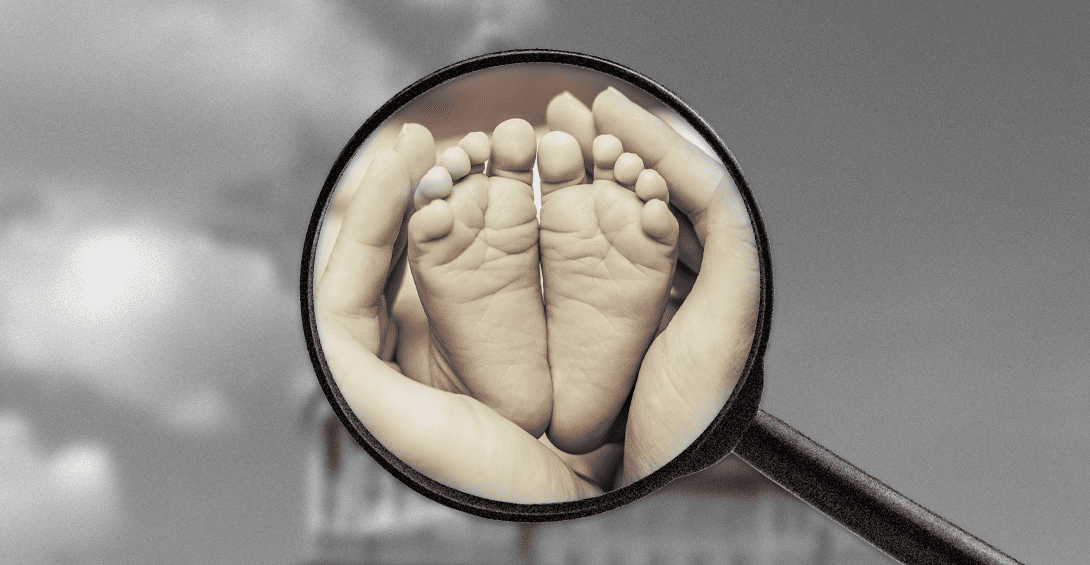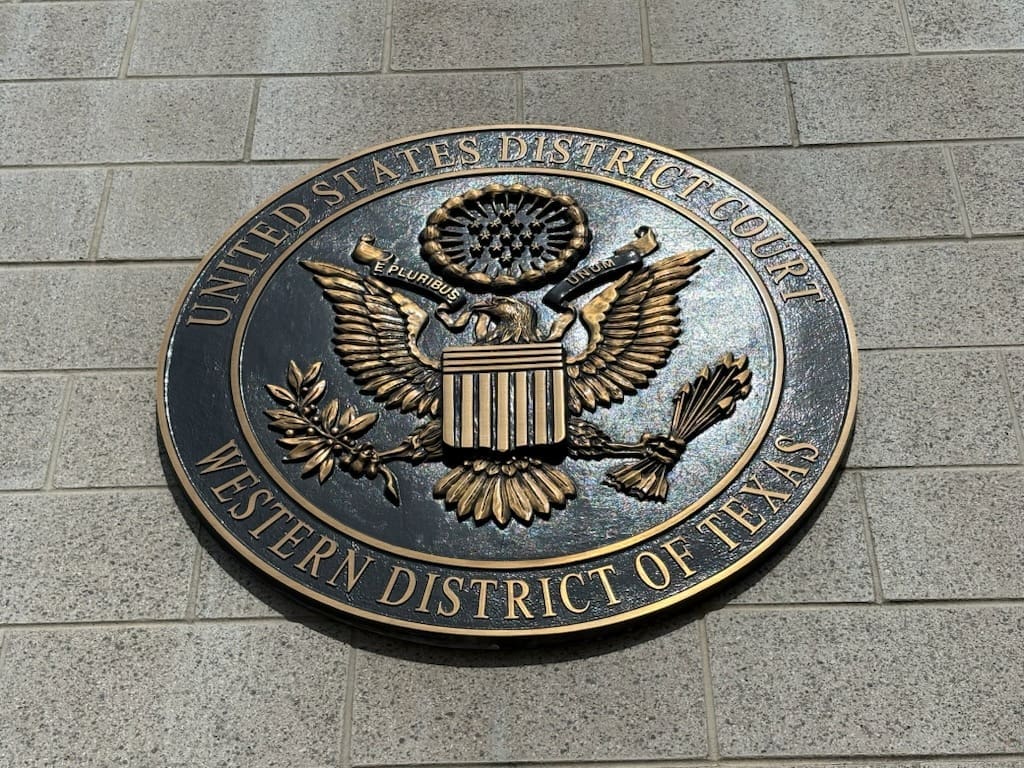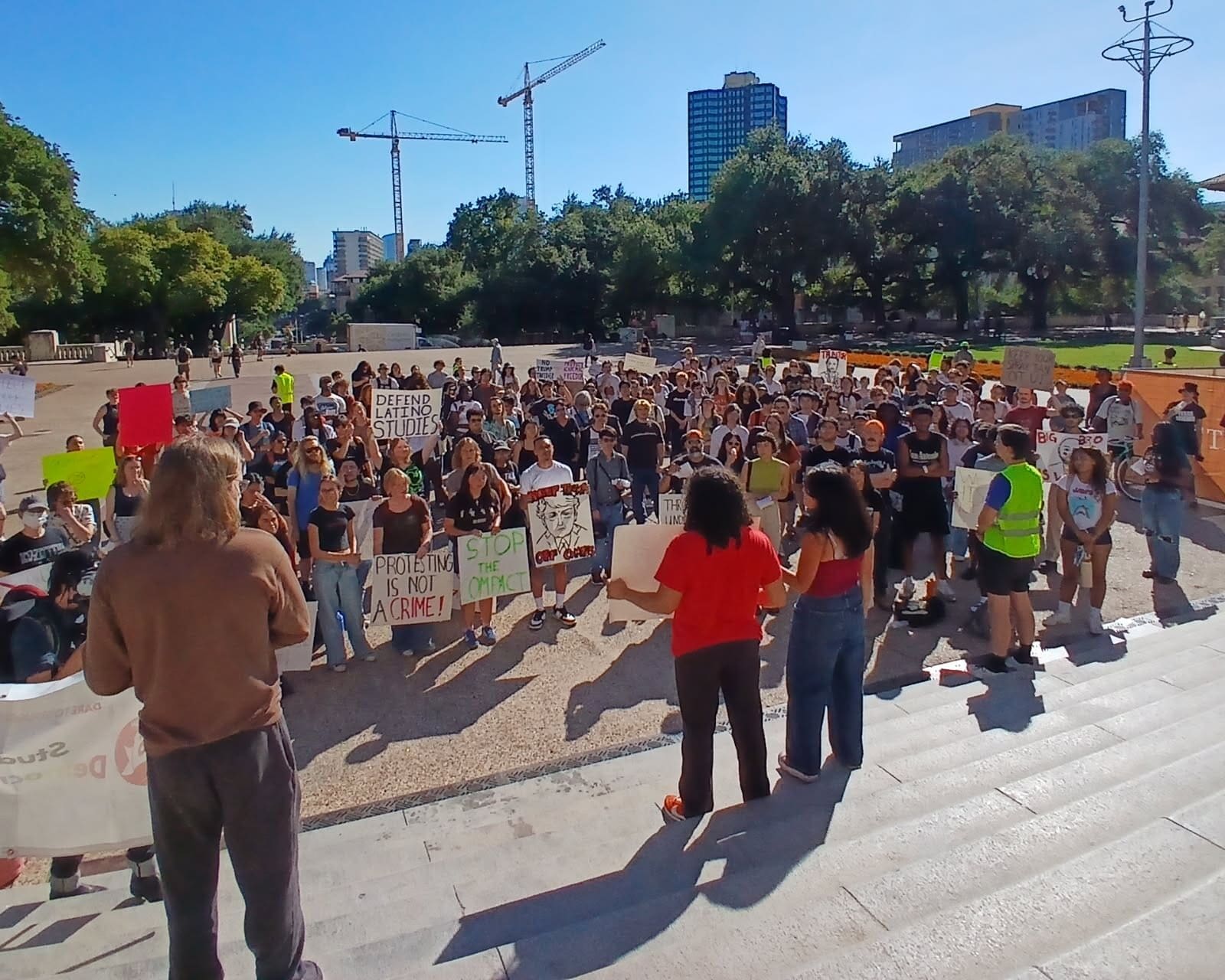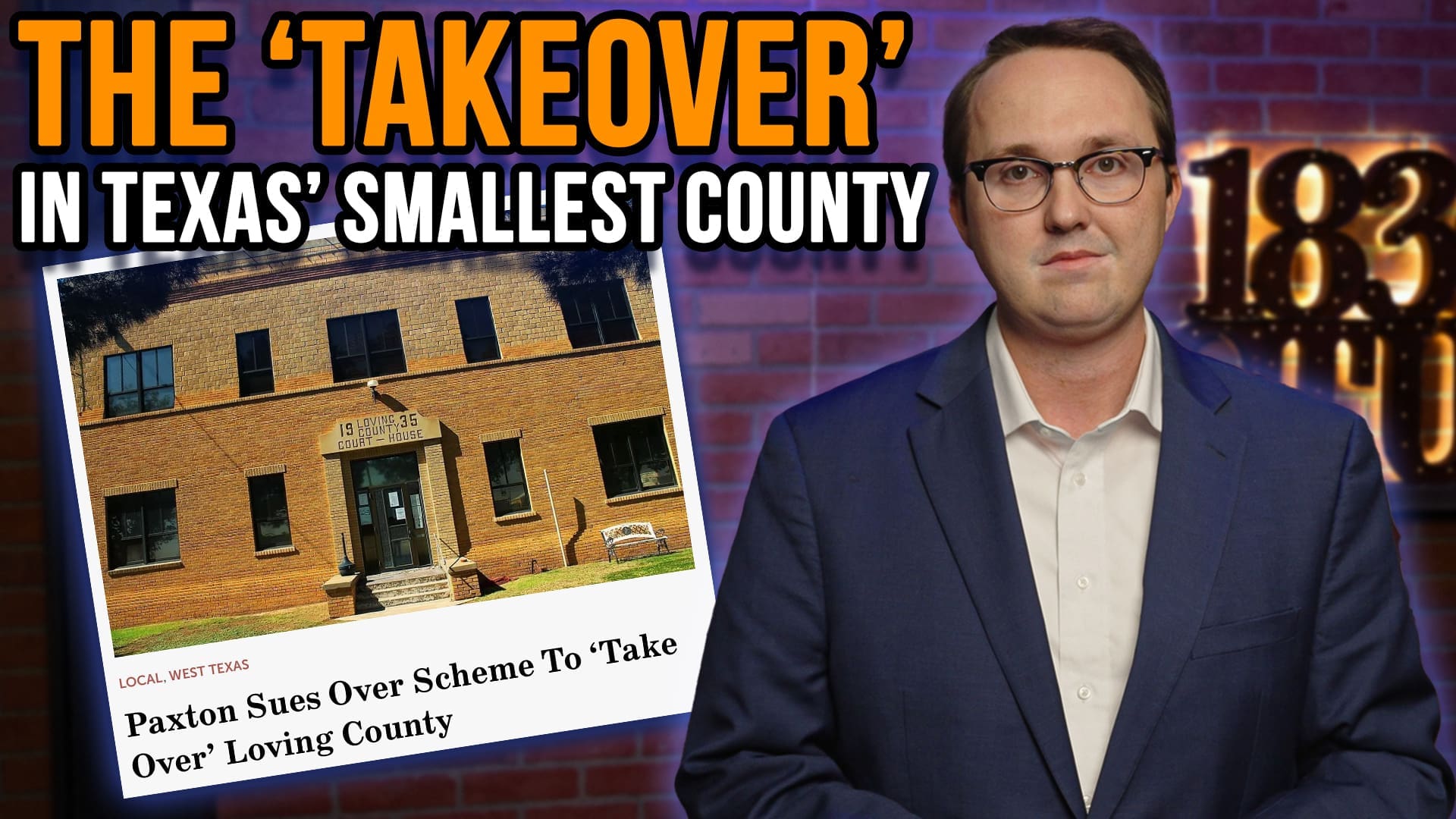AUSTIN — This year’s Texas legislative session is over, and despite new laws on the books to protect more children from being killed in the womb, Texas still lags behind other states in taking action to save pre-born babies.
This Year’s Pro-Life Laws
With a massacre currently unfolding in the state—more than 53,000 Texans were killed through abortions in 2020—state lawmakers had the opportunity this year to approve a variety of laws to protect babies in the womb, but passed only two main proposals through the Republican-controlled legislature.
Senate Bill 8, dubbed the Texas Heartbeat Act and hailed by lawmakers as the monumental pro-life win of the year, was approved by the legislature and recently signed into law. The bill makes it illegal for an individual in the state to kill a pre-born child once the baby’s heartbeat is detected.
“A physician may not knowingly perform or induce an abortion on a pregnant woman if the physician detected a fetal heartbeat for the unborn child … or failed to perform a test to detect a fetal heartbeat,” the law reads.
However, SB 8 does not protect pre-born children in the first few weeks of their life.
“A physician does not violate this section if the physician performed a test for a fetal heartbeat … and did not detect a fetal heartbeat,” the law says.
The other primary proposal, also approved and soon to become state law, is House Bill 1280, commonly referred to as the “trigger” bill. This would completely outlaw abortion in the state—but only takes effect if the U.S. Supreme Court overturns Roe v. Wade. The law will do nothing to save more Texas children here and now.
The Pro-Life Laws that Legislators Rejected
State legislators in both parties, primarily in the House of Representatives, stopped numerous other proposed child protection laws.
Senate Bill 394 would’ve prohibited chemical or “pill-induced” abortions after seven weeks of the child’s life in the womb. Common abortion pills disintegrate the child’s connection to his or her mother, then induce heavy bleeding and cramping to expel the dead baby’s body from the womb.
Senate Bill 1173 would’ve stopped discriminatory abortions—killing a child because of their race or gender.
Senate Bill 650 would’ve prohibited local government officials from spending taxpayer dollars toward the logistical costs of killing a baby—an issue that came to light after the Democrat-run Austin City Council had recently devised a plan to work around existing state law and still funnel citizens’ money toward exterminating children.
Then finally, and most significantly, House Bill 3326 would’ve abolished nearly all abortions in the state of Texas—and would’ve taken effect now.
“It is time for Texas to protect the natural right to life for the tiniest and most innocent Texans, and this bill does just that,” said the abolition bill’s author, State Rep. Bryan Slaton (R–Royse City). “It’s time Republicans make it clear that we actually think abortion is murder. … Unborn children are dying at a faster rate in Texas than COVID patients, but Texas isn’t taking the abortion crisis seriously.”
The first three proposed laws all passed the Texas Senate in late March, yet over the next two months, were all left unscheduled in the Texas House. The chairman of the powerful Calendars Committee, Republican State Rep. Dustin Burrows (Lubbock), chose not to schedule them for consideration and a vote for the entire remainder of the session.
The landmark abolition bill took just the first step forward in the legislative process—getting assigned to a committee—then was untouched for the entire session.
Priorities, Priorities
The abolition of abortion was one of the legislative priorities of the Republican Party of Texas, which specifically called upon the state legislature to this year to “abolish abortion by ensuring the right to life and equal protection of the laws to all preborn children from the moment of fertilization.”
The Republican Party of Texas platform also states, “Since life begins at conception, we urge the Texas Legislature to abolish abortion through enacting legislation that would immediately secure the rights to life and would ignore or refuse to enforce any and all federal statutes, regulations, orders, and court rulings that would deny these rights.”
“The frustrating thing is this is a GOP party platform item,” State Rep. Slaton said. “This is an issue that all Republicans campaign on, and the idea of equal protection under the law. The GOP legislative priority says that.”
“Unfortunately, as I talk to members, they like to take up the Democrats’ talking point against the bill … they want to bring up the issues the Democrats bring up, which isn’t the intent of the bill. The intent is to protect babies in the womb.”
Toward the end of the legislative session, as Slaton’s abolition bill was still stalled in the Capitol, he tried to complete the effort by attaching the abolition language onto another bill—specifically, he proposed to amend the pro-life “trigger” law to ban abortion immediately, not wait for a Supreme Court decision regarding Roe v. Wade.
Texas Speaker of the House Dade Phelan killed Slaton’s attempt.
Texas Lags Behind in Protecting Children
With state lawmakers approving the Heartbeat Act, Texas now joins thirteen states who have already enacted similar heartbeat laws.
Furthermore, Arkansas is the state arguably leading the national fight right now to protect American babies. Their state legislature recently approved a near-complete ban on killing pre-born children—a similar law to the abolition one Texas lawmakers rejected.
“Performing or attempting to perform an abortion is an unclassified felony with a fine not to exceed one hundred thousand dollars ($100,000) or imprisonment not to exceed ten (10) years, or both,” the Arkansas law reads.
“We must abolish abortion in this nation just as we abolished slavery in the 19th century – all lives matter,” said Arkansas Republican Sen. Jason Rapert, the bill’s sponsor.
The recently approved law, according to Gov. Asa Hutchinson, is meant to challenge Roe v. Wade and bring up the fight again in the U.S. Supreme Court.
“[The law] is in contradiction of binding precedents of the U.S. Supreme Court, but it is the intent of the legislation to set the stage for the Supreme Court overturning current case law,” Hutchinson said in a statement.
What Now?
Back in Texas, the future of pro-life laws remains uncertain. The Heartbeat Act will be unique once it takes effect September 1—instead of the government enforcing the law, the bill gives the power to private citizens, who are now able to sue abortion facilities or those who aid and abet in killing a heartbeat-detected child in the womb.
Proponents say this strategy will outmaneuver potential legal challenges from abortion businesses that have stalled prior child protection laws, but others wonder if the heartbeat law’s lack of verification requirements will allow physicians to sidestep and still perform abortions.
Meanwhile, Texas Gov. Greg Abbott has recently indicated he will reconvene lawmakers for a special session, though he has yet to indicate all of the items on the agenda.
Citizens concerned about abolishing abortion in Texas may contact their representatives or the governor.





